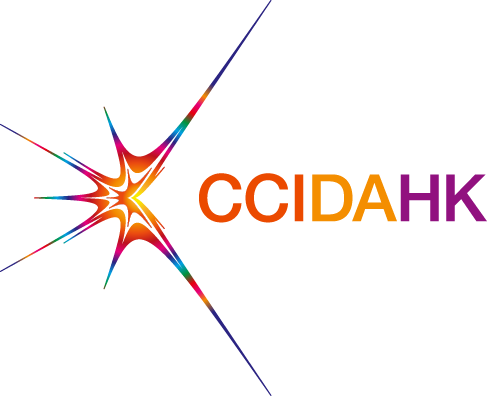Programme
Lars von Trier, The Provocateur from Hell
An egomania. A melancholiac. An obsessive-compulsive enfant terrible. A provocateur. He is Lars von Trier, the notorious Danish filmmaker who ambitiously added the ‘von’ to his name alluding to Erich von Stroheim and Josef von Sternberg, and who said that his every film is basically to irritate and provoke his mother, because she only told him the man he thought was his father was not on her dying bed. He also likes to say that everything in life scares him except filmmaking – it’s the only way to harness his demons, and shed light on his heart of darkness.
Ostentatiously violating narrative conventions, fearlessly subverting social norms, and audaciously confronting extreme sex and violence, his highly stylised, experimental cinema swings violently between opposite poles, sparking debate and controversy all over the world. Embodying both beauty and hell alongside nihilistic despair, his works are admired by many, yet detested by even more. Cannes has been the scene of his greatest victories (winning the Palme d’Or) and his worst defeat (being expelled for proclaiming himself a Nazi). After all, is he a genius, a trickster, or just a man desperately searching for life's meaning?
A founder of the Dogme 95 movement, von Trier advocates for ascetic filmmaking, preserving the values of traditional storytelling against the overreliance on technology. Despite defining the ten commandments, he only has The Idiots adhering (mostly) to the rules. But one Dogme oath he sticks to is the use of handheld camera, for offering him dangerous freedom.
Theme obsessive, his works are mostly conceived as a triptych – the Europe Trilogy stylishly explores chaos and alienation in history and modern world; the Golden Heart Trilogy examines naivete and conscience against moral conventions; the America Trilogy austerely scrutinises civilisation, democracy and all manners of human brutality; the Depression Trilogy delves into grief, despair, and isolation.
For all its anarchic spirit, his films with explicit scenes of rape, hypersexuality, abuses and self-mutilation are criticised as misogyny and dehumanisation. Ironically, he admits his female characters are his alter egos of sorts – he was the self-mutilating Emily Watson in Breaking the Waves, the forgiving Björk in Dancer in the Dark, the victimised Nicole Kidman in Dogville, the depressive Kirsten Dunst in Melancholia, and the enraged Charlotte Gainsbourg in Antichrist. He is a gift and a curse to actresses – they suffer under this control freak, but are often rewarded at the end of the battle – three of them are crowned Best Actress at Cannes.
‘If you want to provoke, you should provoke someone who is stronger than you, otherwise you are misusing your power.’ So is von Trier’s cinematic philosophy. For those who are strong enough to accept his challenge, welcome to the universe of contradictions.
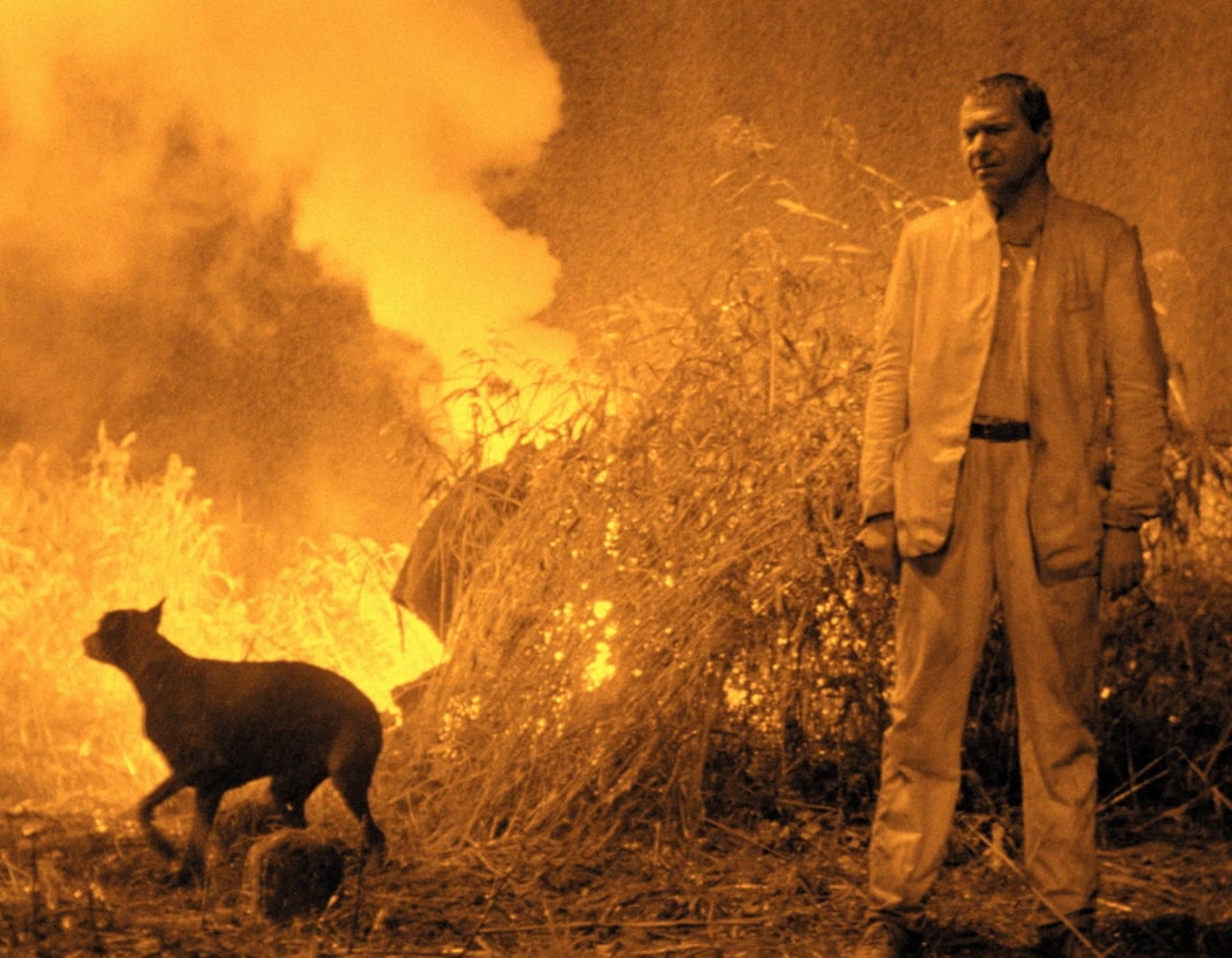
The Element of Crime
Read more
Epidemic
Read more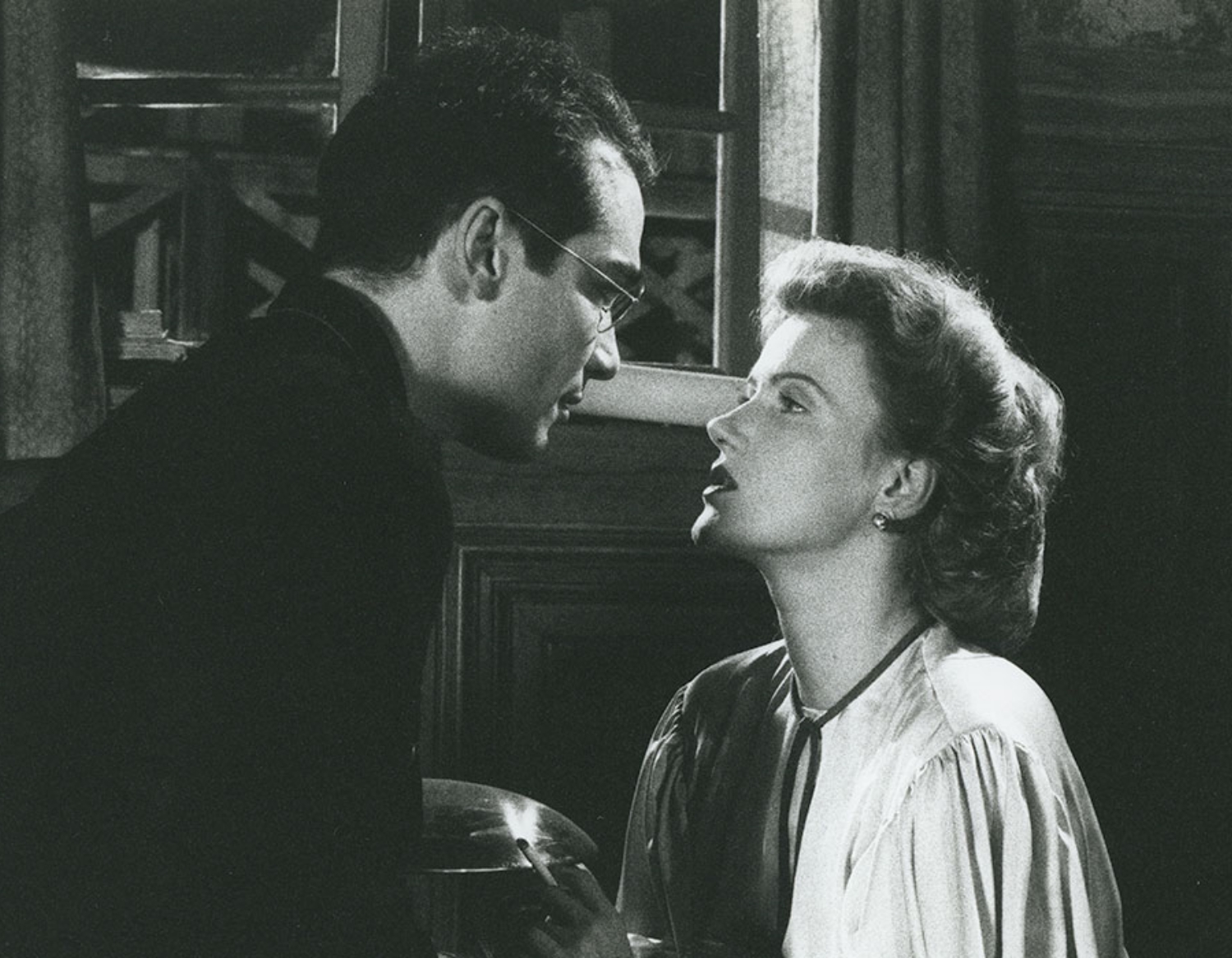
Europa
Read more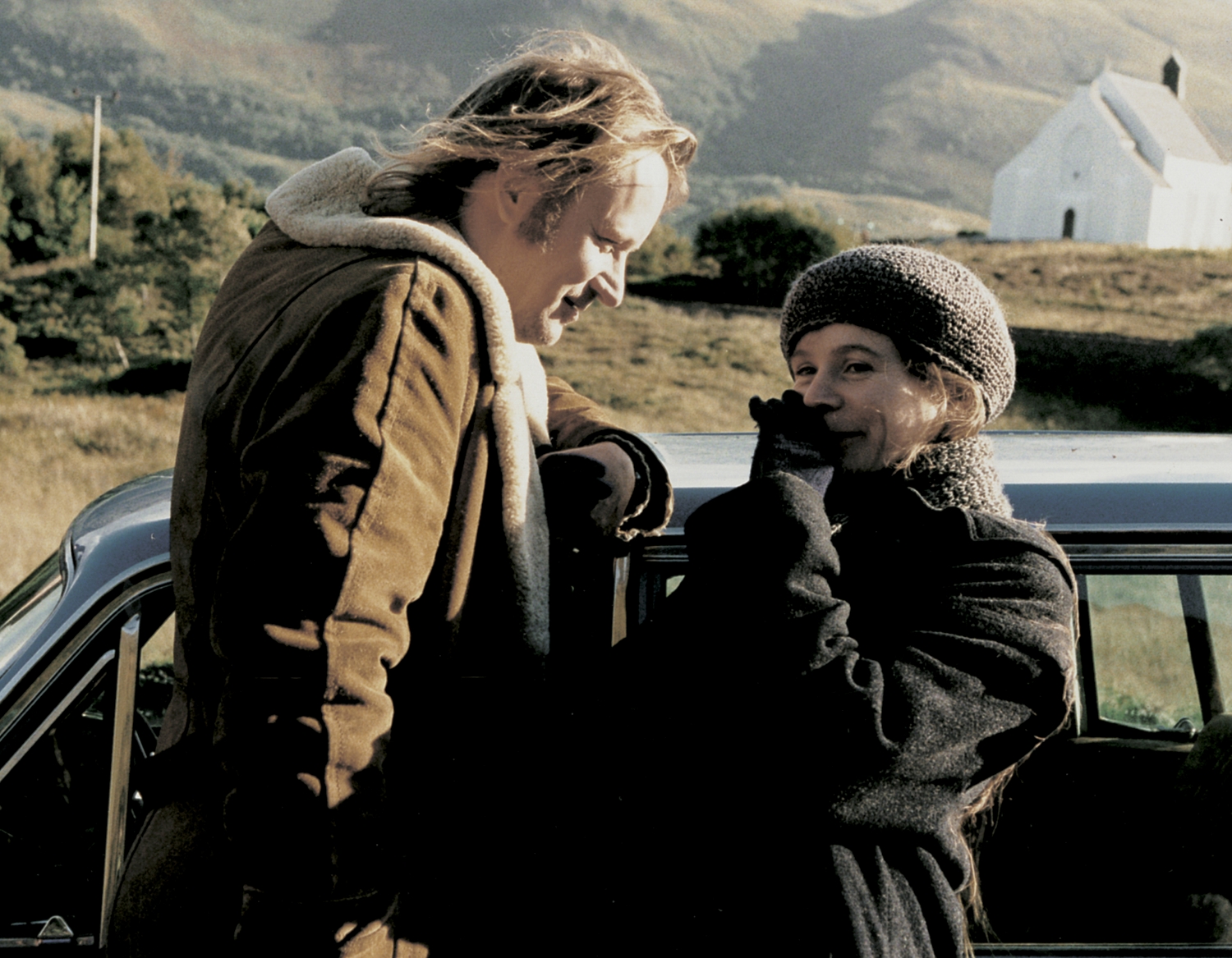
Breaking the Waves
Read more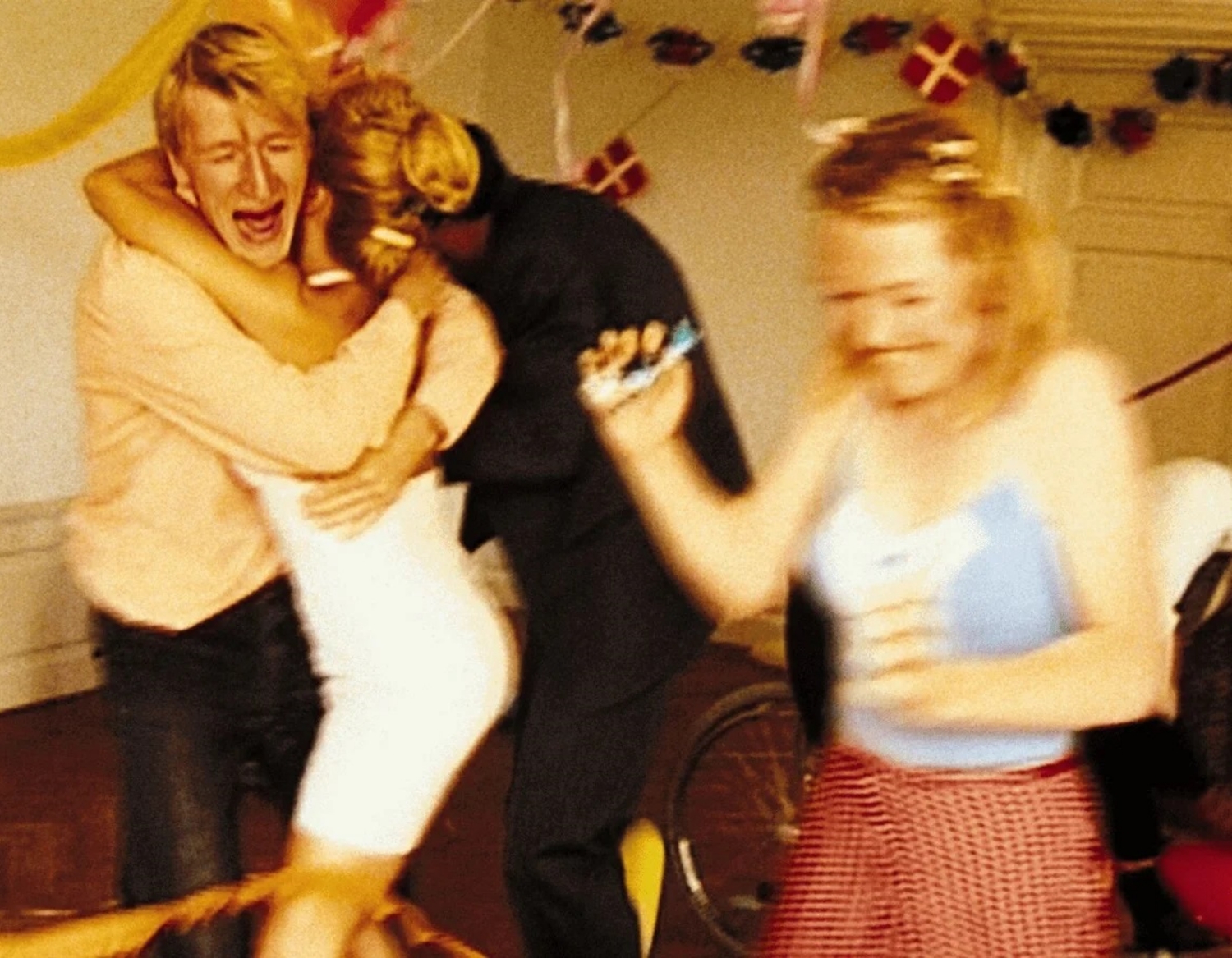
The Idiots
Read more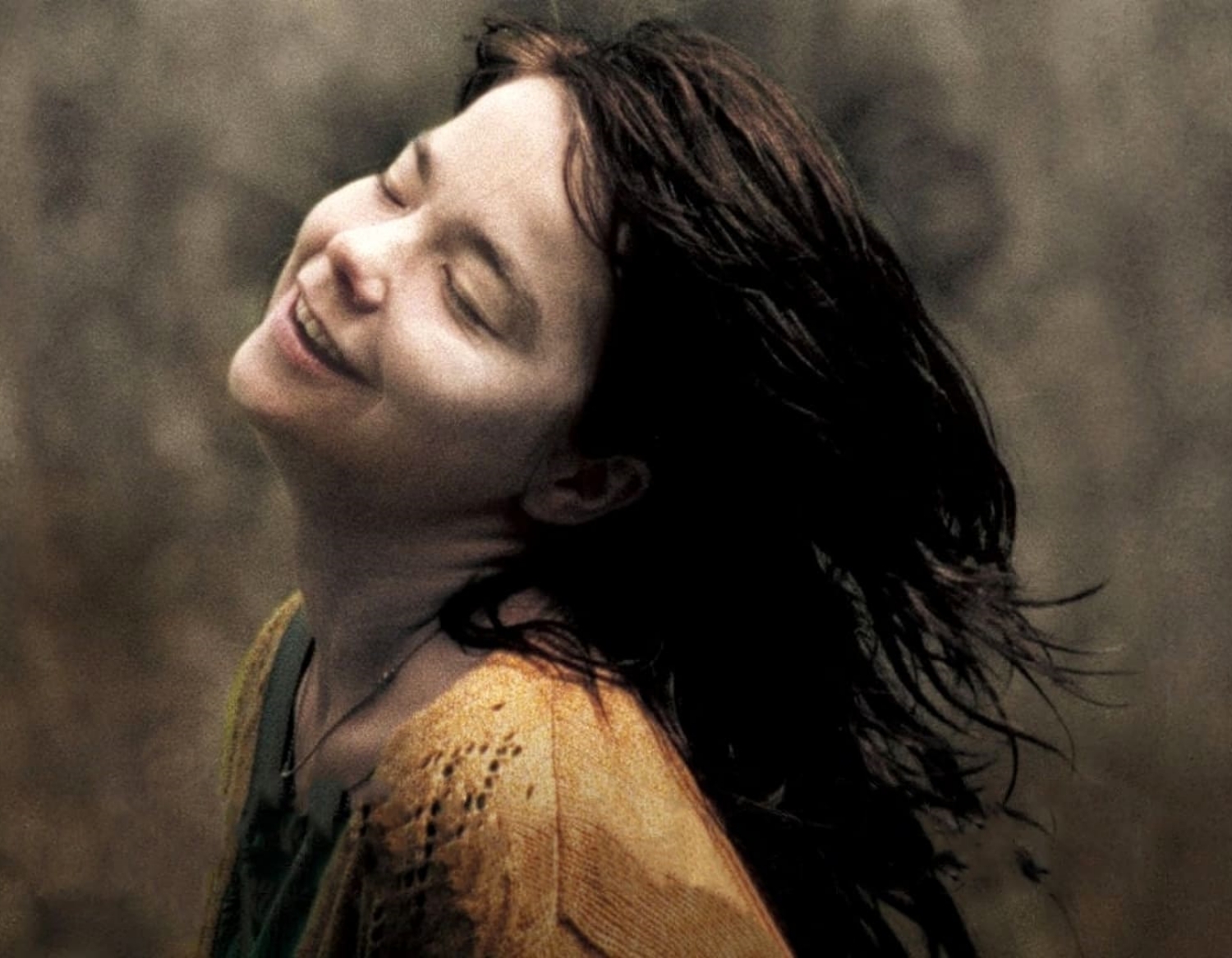
Dancer in the Dark
Read more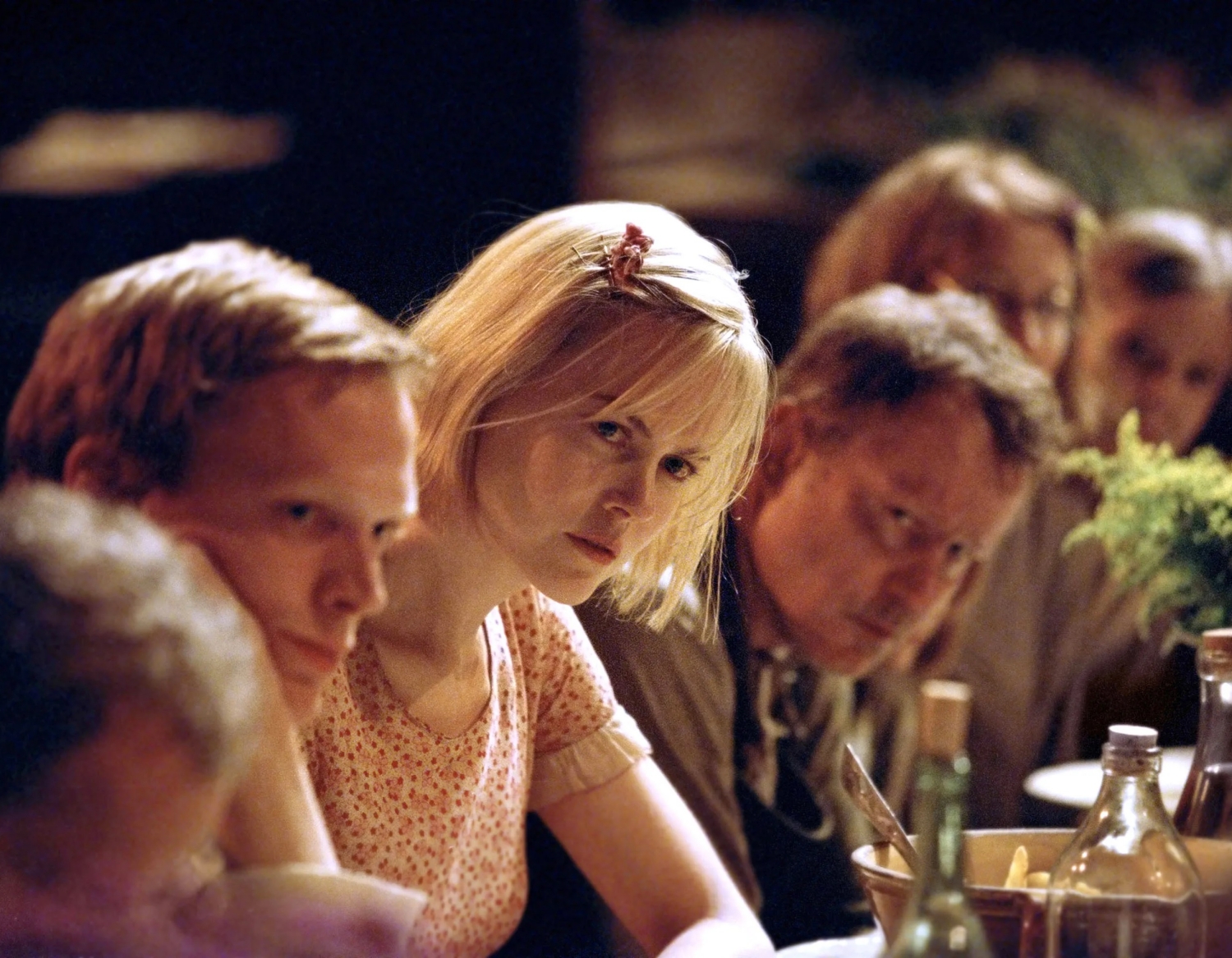
Dogville
Read more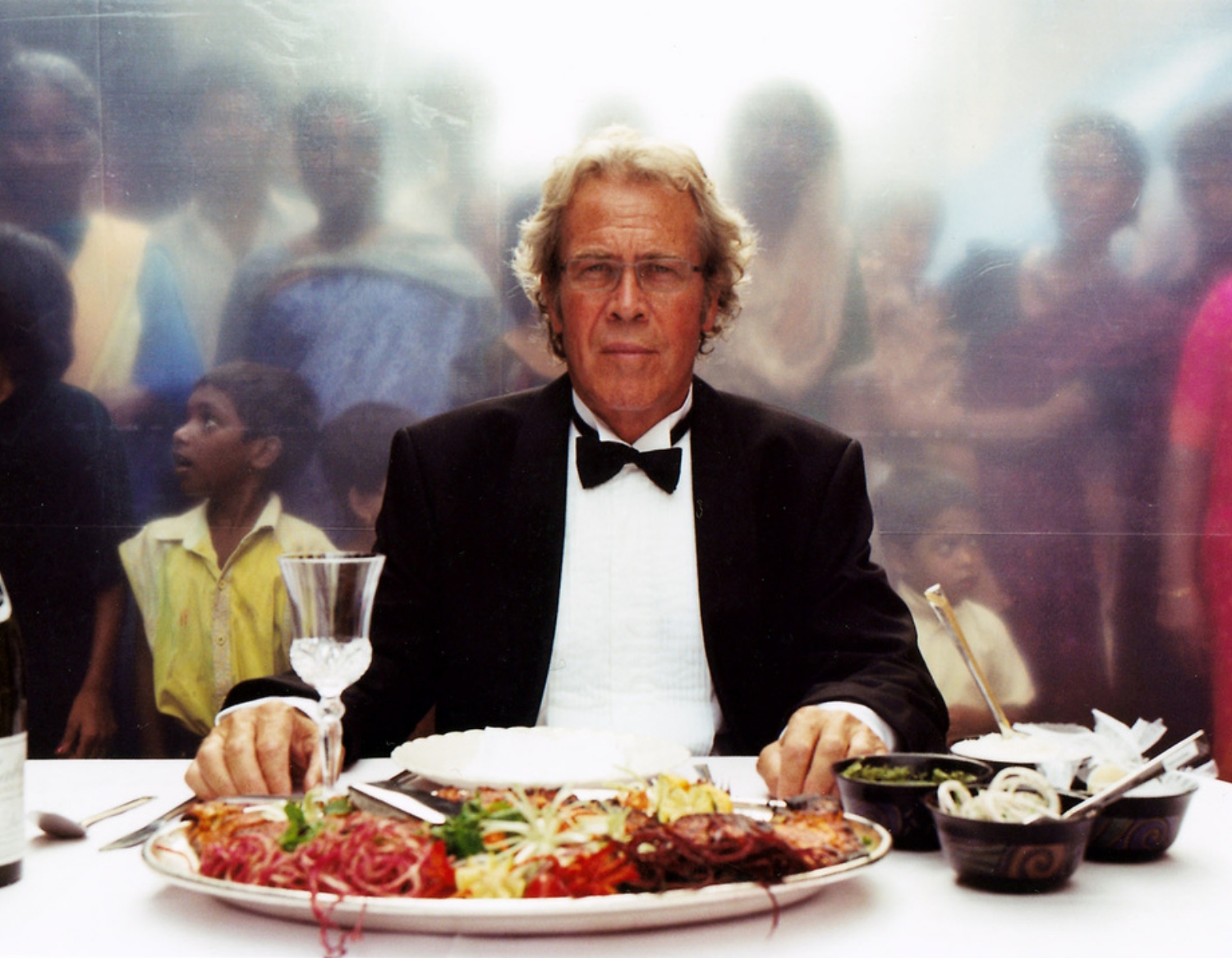
The Five Obstructions
Read more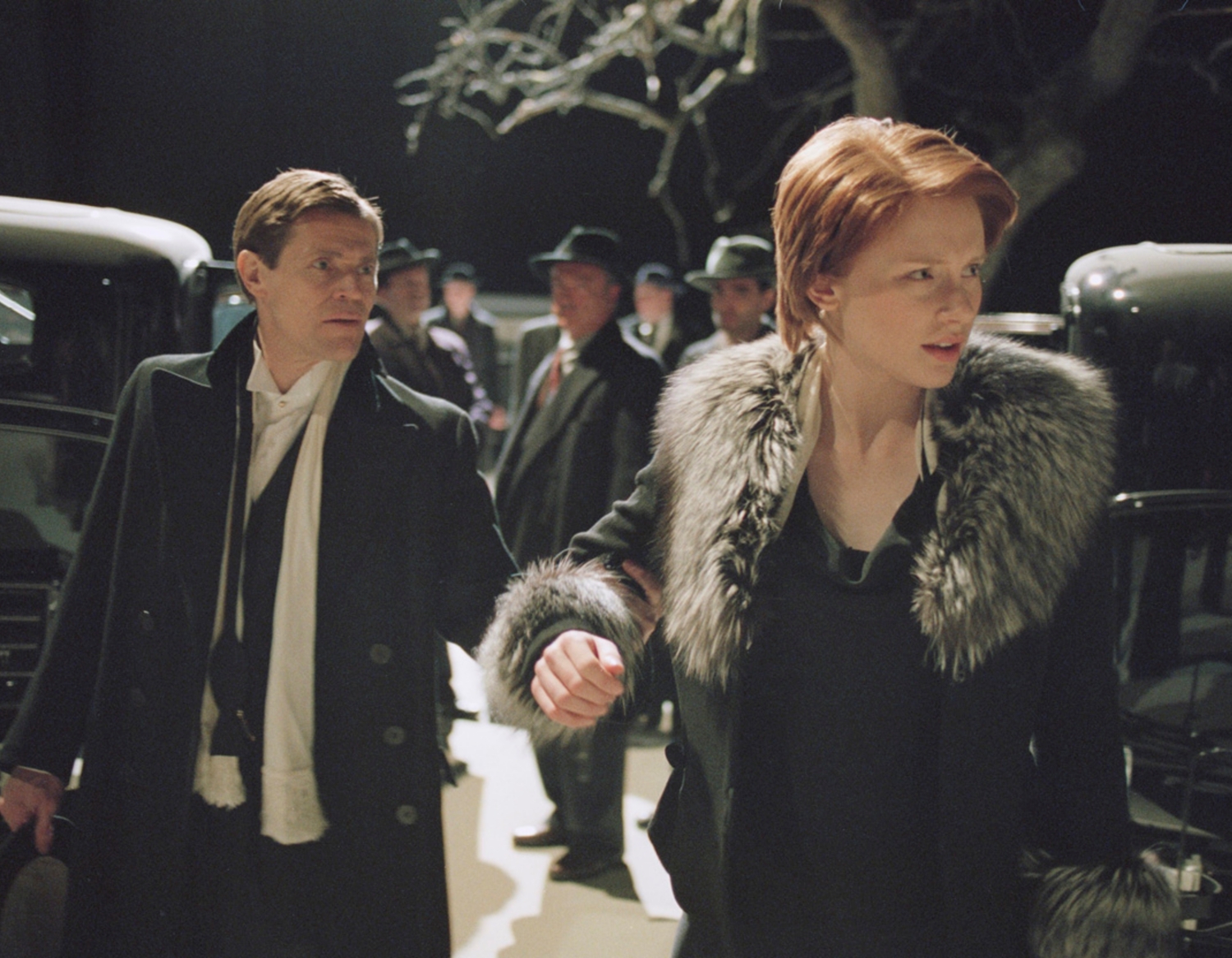
Manderlay
Read more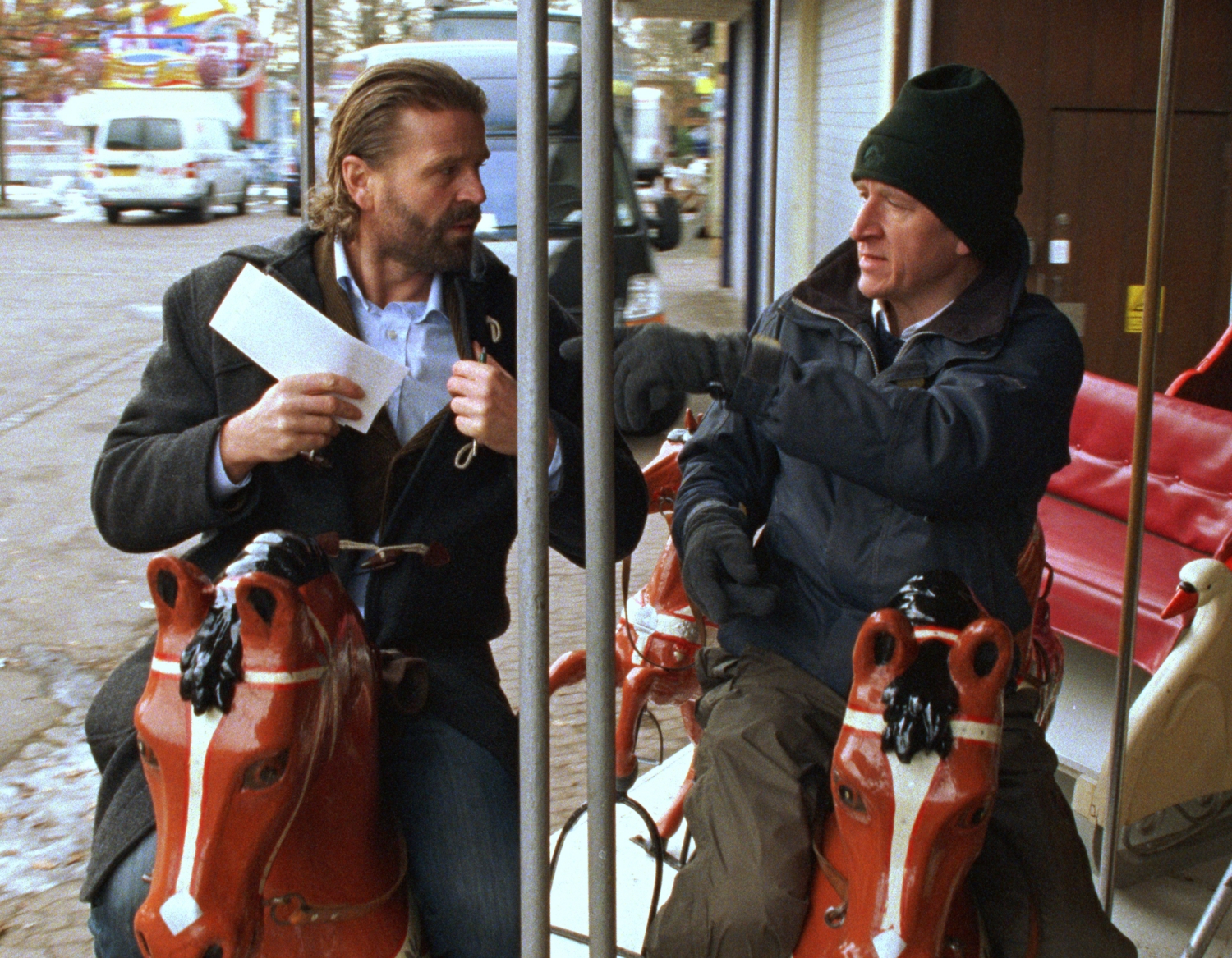
The Boss of It All
Read more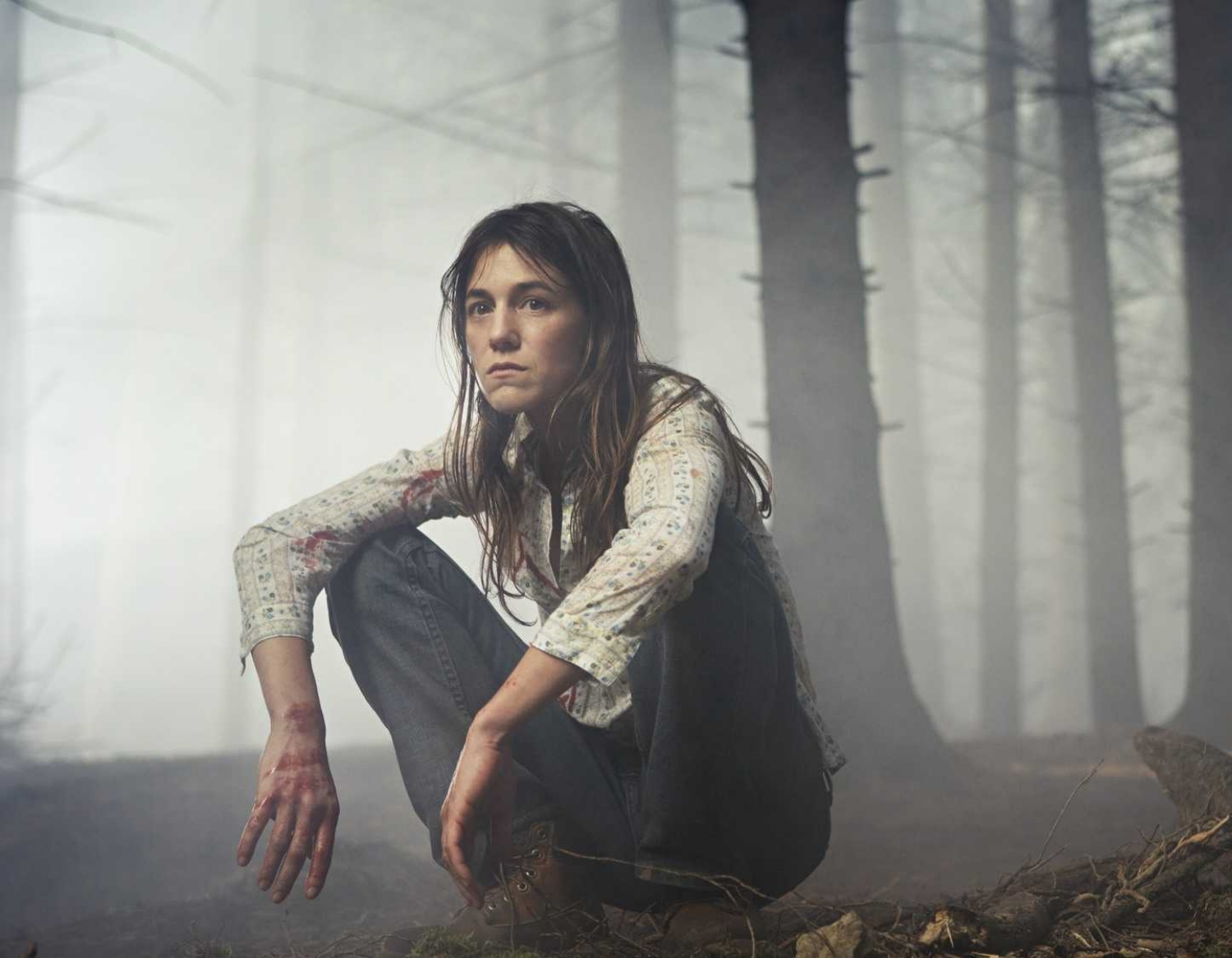
Antichrist
Read more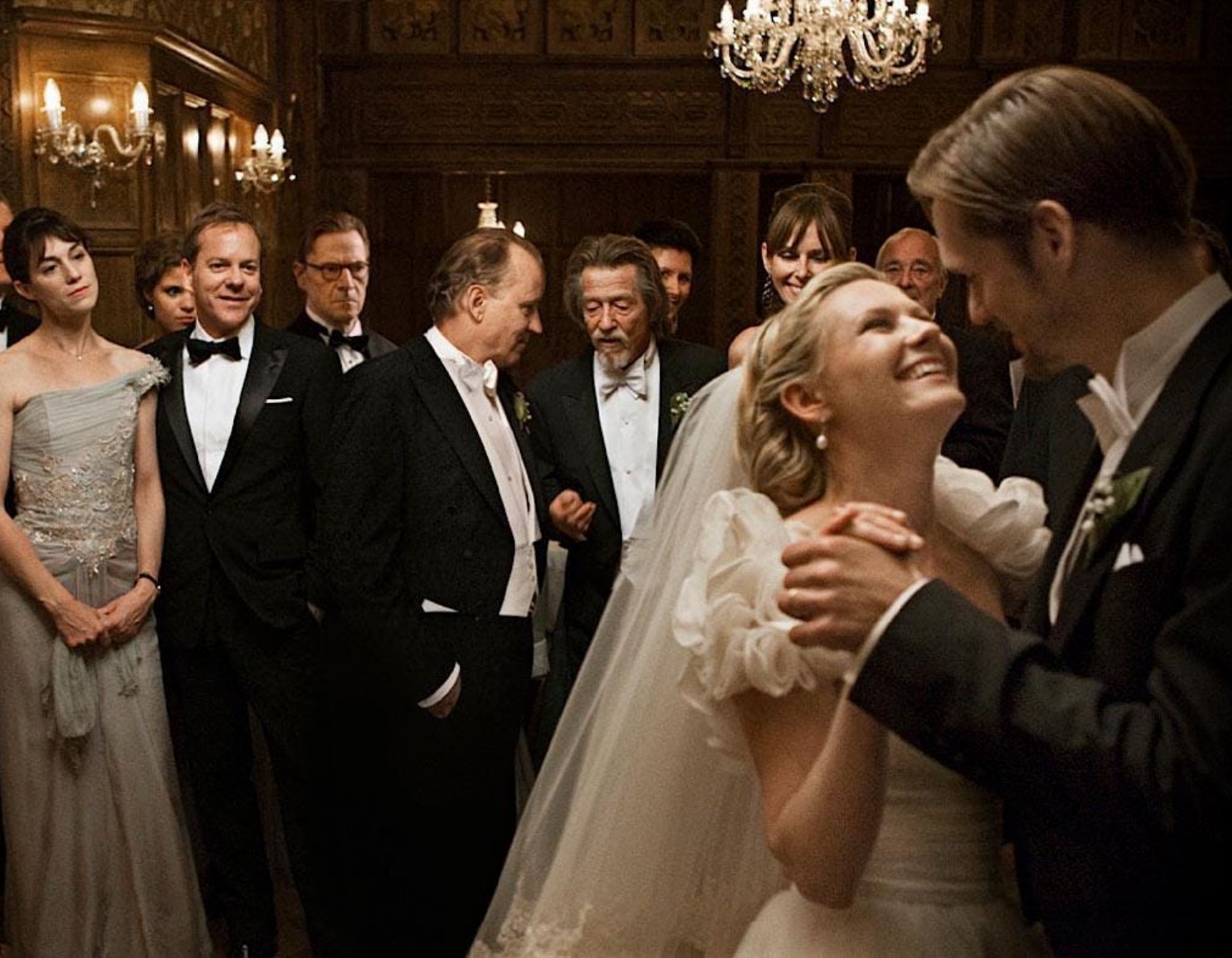
Melancholia
Read more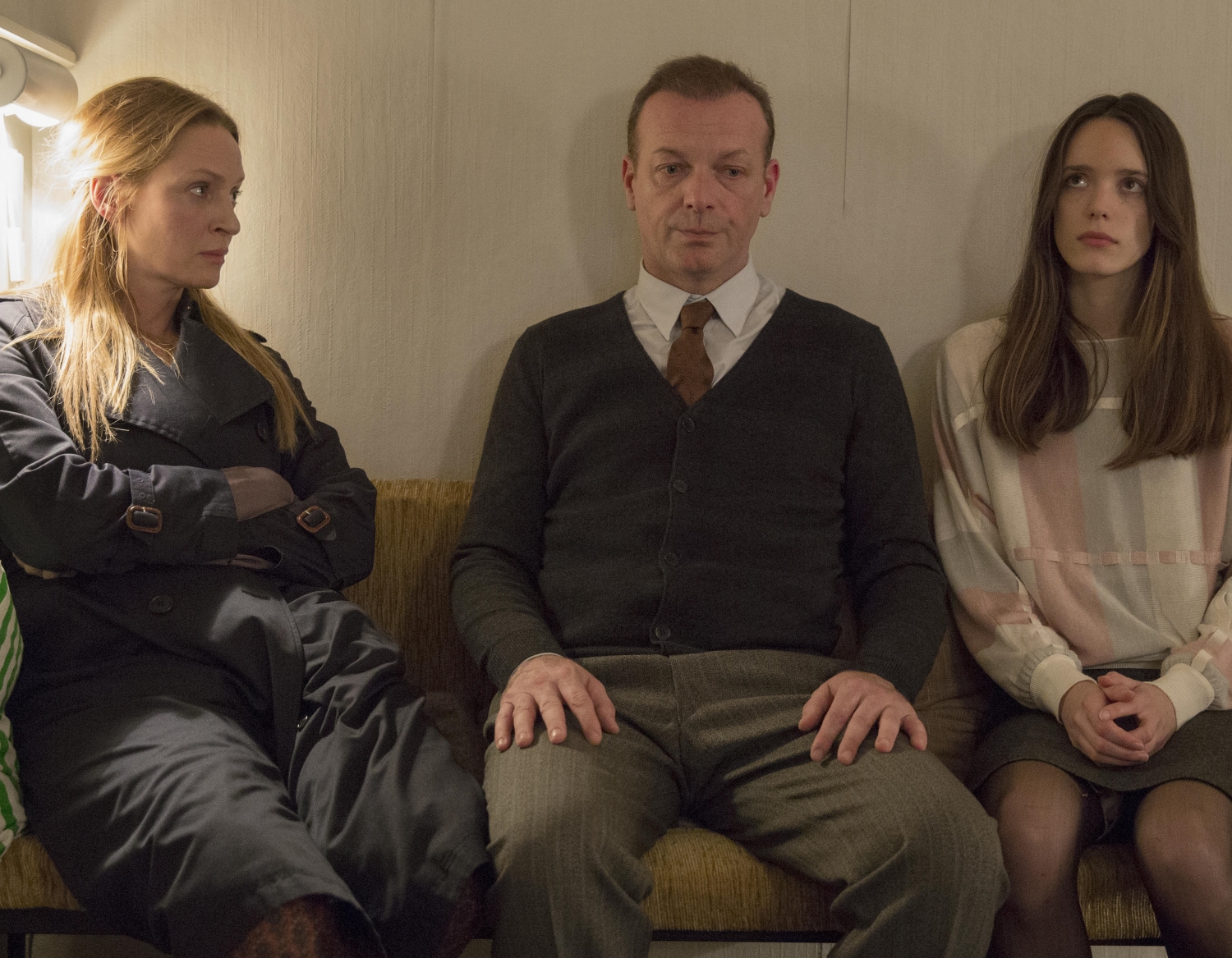
Nymphomaniac: Volume I (The Director's Cut)
Read more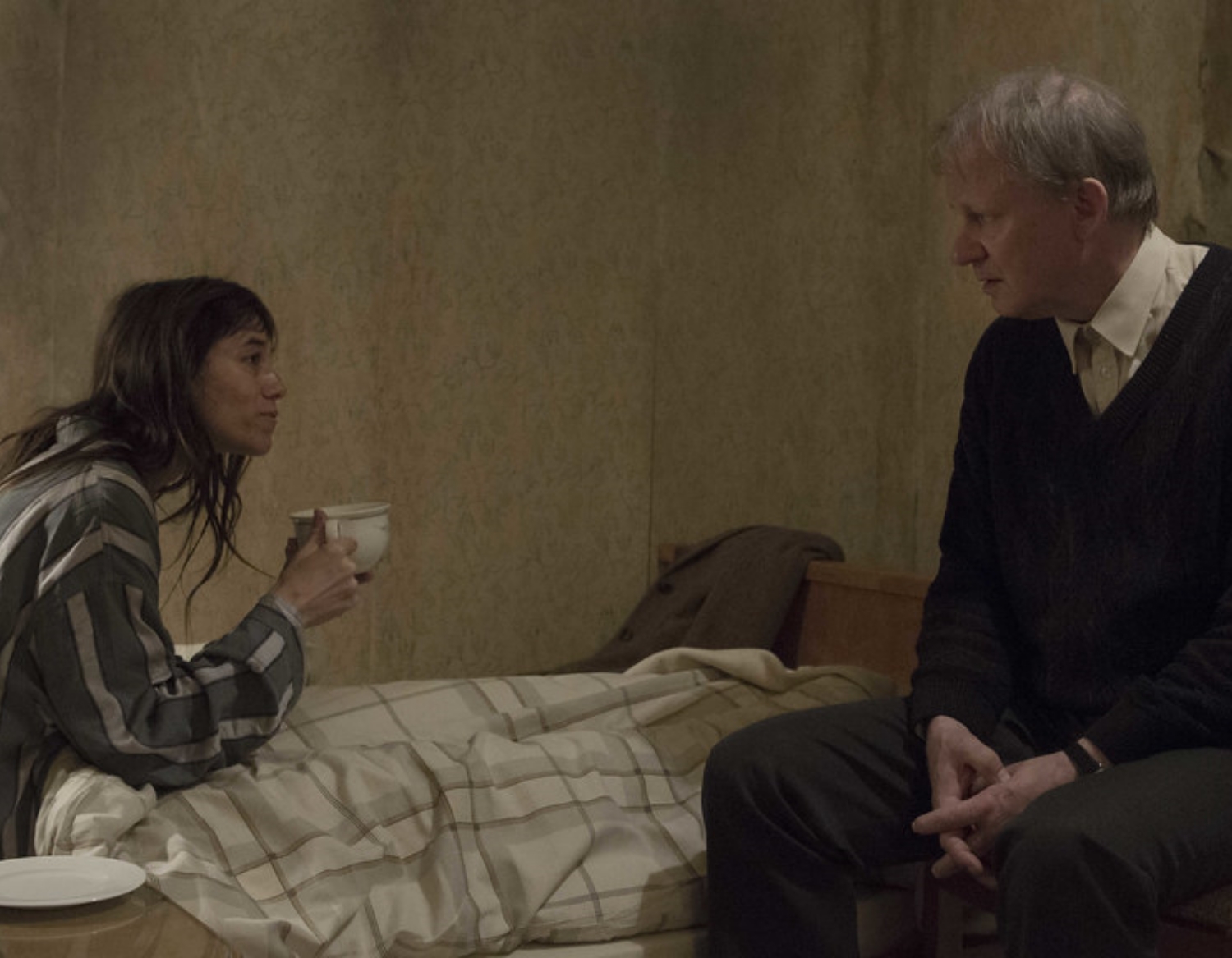
Nymphomaniac: Volume II (The Director's Cut)
Read more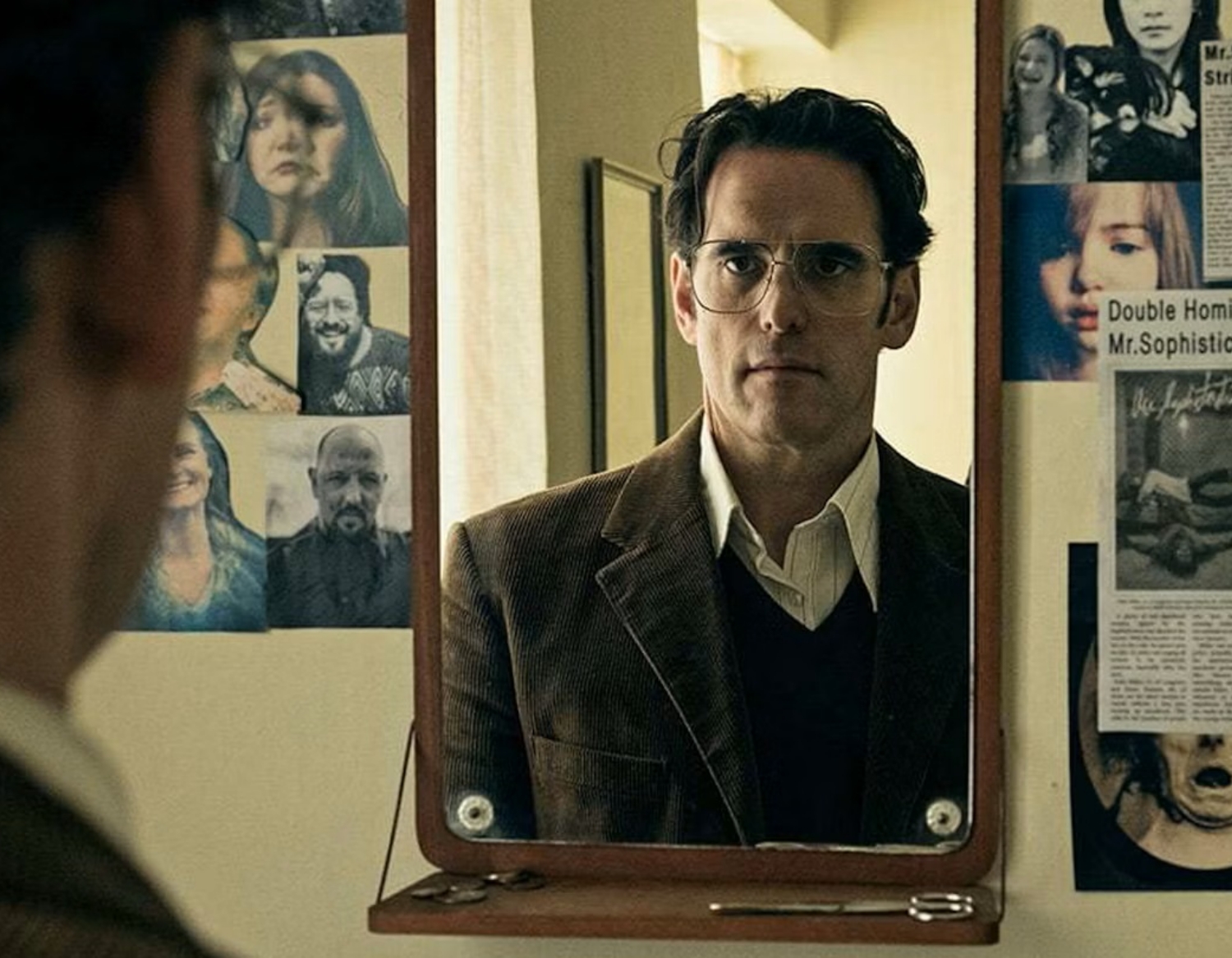
The House that Jack Built
Read more


